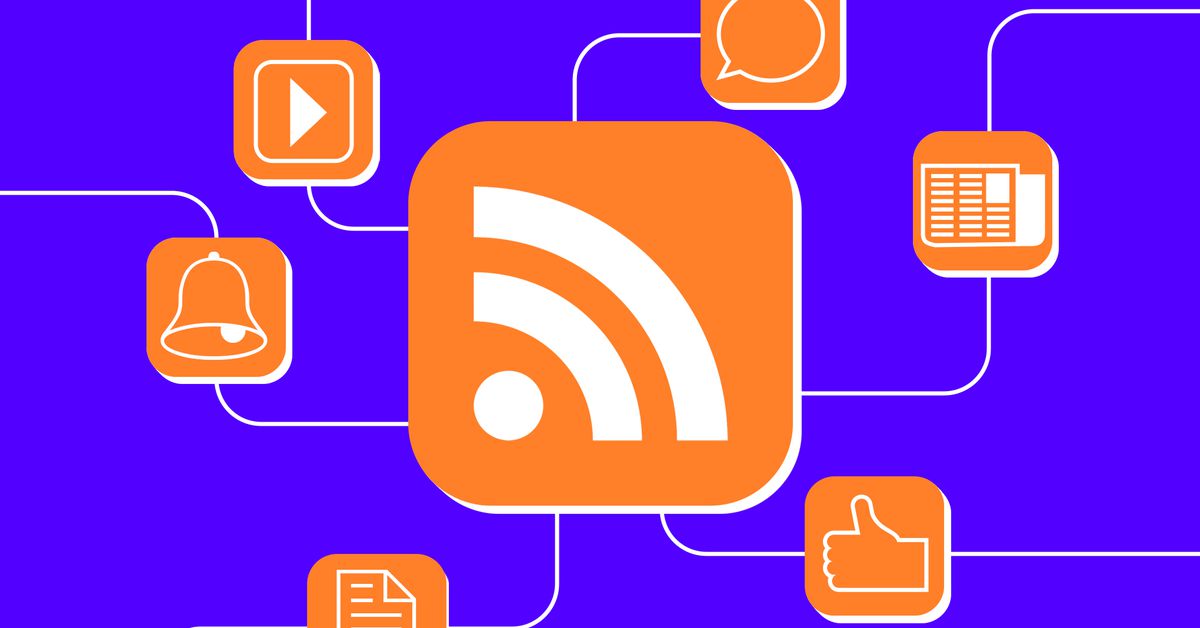RSS readers allow you to collect the articles of specific sources in one app, making it a lot easier to find the content you’re interested in without crawling through a lot of noise. RSS (which may stand for Really Simple Syndication, Rich Site Summary, or one of several other possibilities — nobody seems sure) has been around a while, having been first developed in 1999, although it wasn’t more widely adopted until a few years later.



This is the best summary I could come up with:
RSS (which may stand for Really Simple Syndication, Rich Site Summary, or one of several other possibilities — nobody seems sure) has been around a while, having been first developed in 1999, although it wasn’t more widely adopted until a few years later.
The Pro version ($72 a year) lets you collect up to 1,000 RSS feeds, save to other apps such as Evernote and OneNote, share to several sites such as LinkedIn, and hide sponsored ads.
Along with the personalized dashboard and the ability to create folders, you can automatically highlight keywords (making it easier to spot relevant passages), use a podcast player, and save to Pocket, Evernote, OneNote, Google Drive, and Dropbox.
While many of the apps here try to walk a center line between simplicity and lots of features, Feeder tries a different tack: it works either as a basic RSS feed reader or as one for professionals.
You can train the app to pick out your preferred feeds by marking various characteristics — such as authors — as green or red, and see statistics like how often stories are updated and how many are in that source’s archive.
Flipboard is a handy mobile reader that’s been around awhile and, as its name implies, allows you to flip through your various feed articles; it’s available for iOS and Android devices.
The original article contains 2,035 words, the summary contains 223 words. Saved 89%. I’m a bot and I’m open source!